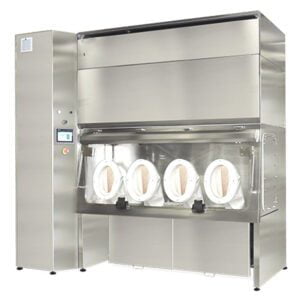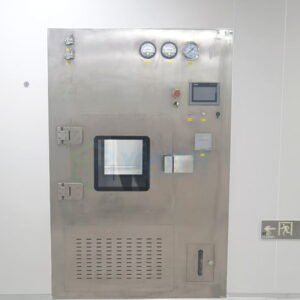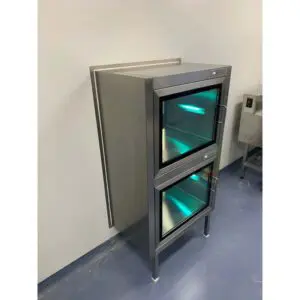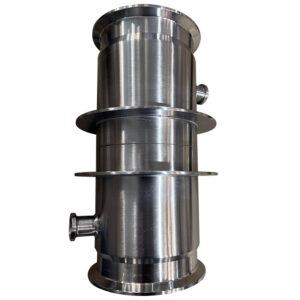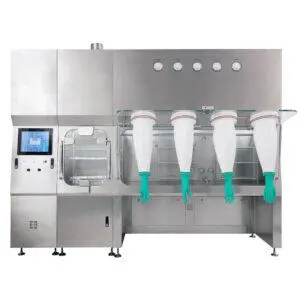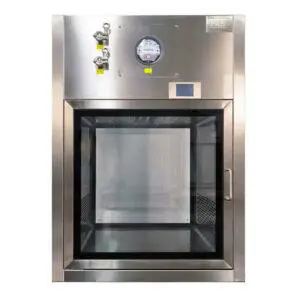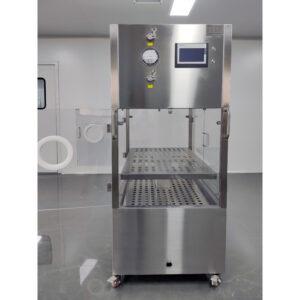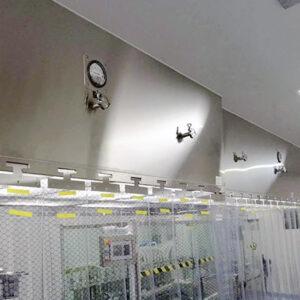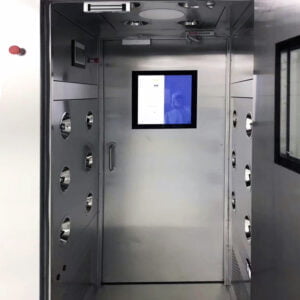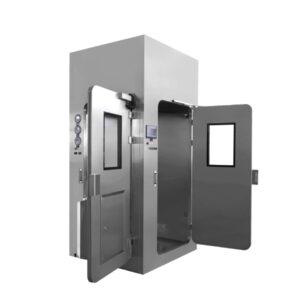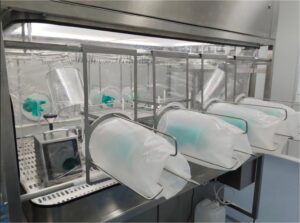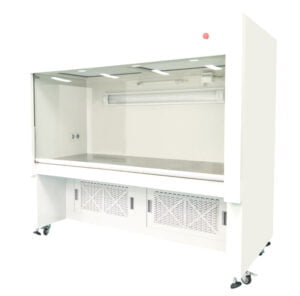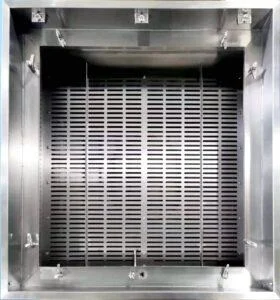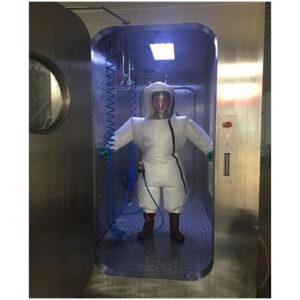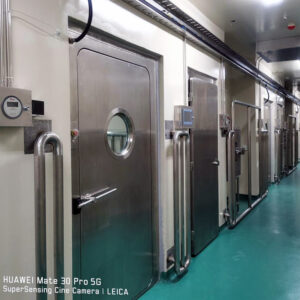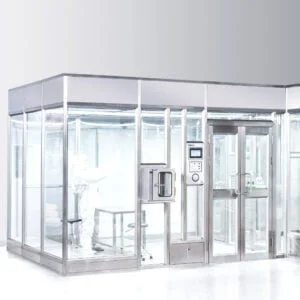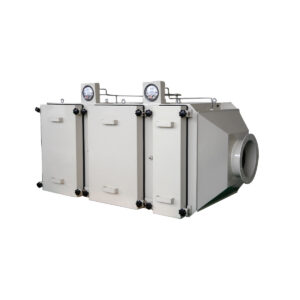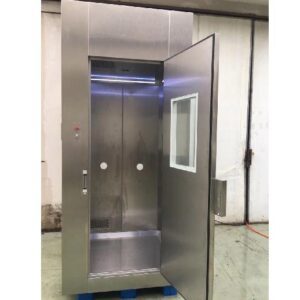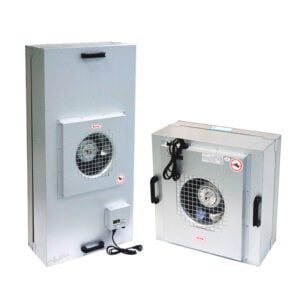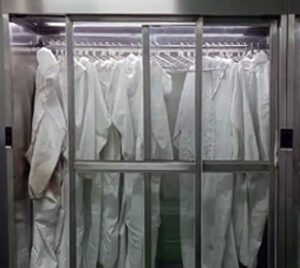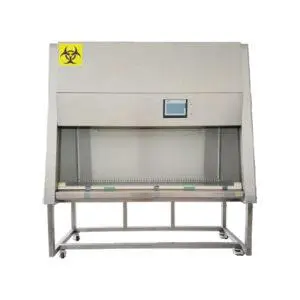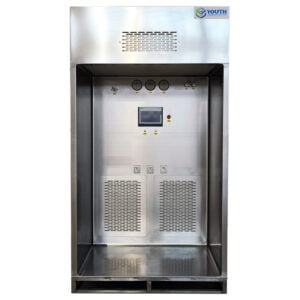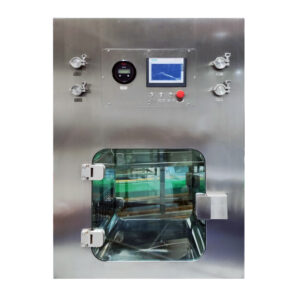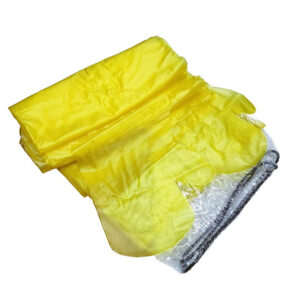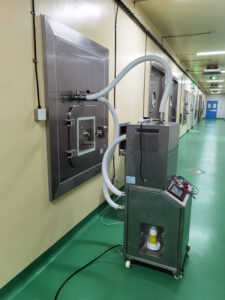In the medical and pharmaceutical industry, maintaining a sterile environment is of utmost importance. One of the most effective systems utilized to achieve this is the Restricted Access Barrier System (RABS). YOUTH, a leader in the production and manufacturing of cleanroom and biosafety equipment, provides state-of-the-art RABS to ensure superior contamination control. This article delves into what RABS is, how it functions, and why it is crucial in medical terms.
Understanding RABS
Restricted Access Barrier Systems (RABS) are advanced contamination control systems widely used in the pharmaceutical, biotechnology, and healthcare industries. RABS create a physical barrier between the cleanroom and the external environment, significantly reducing the risk of contamination during critical processes. These barriers are typically constructed from glass or acrylic panels, allowing clear visibility while maintaining strict separation.
Key components of RABS include:
- Physical Barriers: Glass or acrylic panels that separate the critical processing area from the external environment.
- HEPA Filters: High-efficiency particulate air filters that ensure unidirectional airflow, maintaining the cleanliness of the processing area.
- Glove Ports: Allow operators to handle products and equipment without breaching the sterile environment.
- Interlock Doors: Prevent simultaneous opening to minimize contamination risks during transfer of materials.
For an excellent example of RABS, check out YOUTH’s Open Restricted Access Barrier Systems.
Why RABS are Essential in Medical Terms
- Enhanced Contamination Control: RABS provide a stringent level of contamination control essential for the manufacture of sterile medical products. This is particularly important in environments where even the slightest contamination can compromise product safety and efficacy.
- Regulatory Compliance: RABS help facilities meet strict regulatory requirements set by authorities like the FDA and EMA, ensuring that pharmaceutical products are produced in compliance with Good Manufacturing Practices (GMP).
- Improved Safety: By creating a physical barrier, RABS protect both the product and the operators. This reduces the risk of contamination from human interaction, ensuring a safer working environment.
- Versatility: RABS can be used in various processes within the pharmaceutical and biotechnology industries, such as aseptic filling, compounding, and sterile product transfer. This versatility makes RABS an invaluable tool for maintaining sterility across diverse applications.
YOUTH’s Commitment to Quality
At YOUTH, we are committed to providing the highest quality cleanroom and biosafety equipment to meet the evolving needs of our clients. Our range of RABS is designed to ensure unparalleled contamination control and operational efficiency. Explore our other products such as:
Conclusion
In the realm of medical and pharmaceutical production, maintaining a contamination-free environment is non-negotiable. Restricted Access Barrier Systems (RABS) are indispensable in achieving this goal. By integrating advanced features such as physical barriers, HEPA filters, and glove ports, RABS provide unparalleled contamination control.
YOUTH is at the forefront of delivering cutting-edge cleanroom technologies and biosafety equipment. With a commitment to quality and innovation, we help ensure that medical products are manufactured in the safest and most sterile conditions possible. For more information about our products and how they can benefit your operations, visit YOUTH Filter.
Optimize your cleanroom environments with YOUTH’s advanced contamination control solutions and stay ahead in the ever-evolving field of medical manufacturing.
Related Contents:
- C-RABS & O-RABS: Why & How?
- What is the Difference Between Active and Passive RABS Systems?
- What Does the Acronym RABS, oRABS Stand For?
- What Does RABS Stand for in Pharma?
- The Ins and Outs of Isolation & RABS: A Guide to Selecting the Right Choice
- Pros and Cons of Implementing oRABS or RABS Systems in Medical and Pharmaceutical Manufacturing
- What is the Function of RABS?
- What is the Main Advantage of Using Either RABS or a Barrier Isolator?
- RABS vs. Isolator – Choosing the Right Isolation Technology for Your Project


